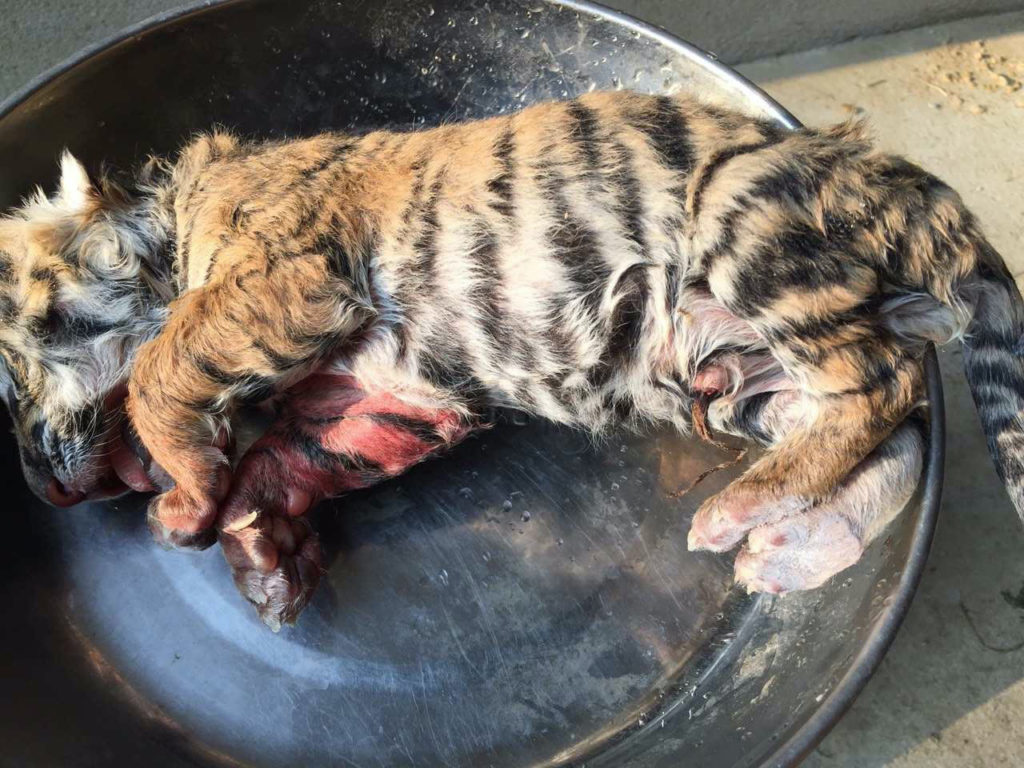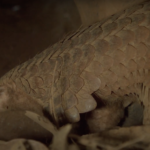Could the Covid-19 pandemic finally see a reining in of Vietnam’s illegal wildlife trade? That’s what the Environmental Reporting Collective (ERC), in collaboration with the Centre for Media and Development Initiatives (MDI), have spent the past year looking into, by conducting undercover interviews with traffickers and analyzing over 10 years’ worth of seizure data.
The result is a story we’ve titled “Traffickers v. Covid-19″, which is available for republishing. The story is supported by a grant from Internews’ Earth Journalism Network.
This is the second time MDI collaborated with ERC to uncover the illegal wildlife trade. In 2019, ERC’s investigation into the illegal pangolin trade, with participation of MDI and newsrooms in 13 other countries across Asia and Africa, won the Online Journalism Awards 2020 for Excellence in Collaboration and Partnerships.
Newsrooms can republish “Traffickers v. Covid-19” for any non-commercial purposes, with credit to ERC, MDI, and the authors. Please send an email to contact@investigative.earth or contact@mdi.org.vn to receive the story package including raw story file, photos, and data visualizations.
Below is an extract of the story.
Warning: The following story contains graphic images
Traffickers v. Covid-19
Could the illegal wildlife trade in the hotspot of Vietnam come back stronger after Covid-19? ERC and MDI spoke with traffickers throughout 2020 and 2021 and analysed 10 years’ worth of data to find out.
By: TRANG BUI and LAM QUAN
Even as Vietnam faced its fourth wave of Covid-19 in January 2021, visitors to Dien Chau district could still find restaurants openly advertising all kinds of “exotic” meats, from rats and cats, to rabbits and monitor lizards.
What’s not openly advertised, yet even more famous, is Dien Chau’s dirty open secret – tiger products, including meat, bone wine, and glue.
“Hundreds of houses are farming tigers here,” said Mr L, a 45-year-old secondary school teacher who just happens to also be an illegal wildlife broker, while showing our undercover journalists around Dien Chau in January. “But they can’t export the tigers anywhere because of Covid-19.”

Vietnam has been a major destination and transit point for the global wildlife trafficking trade. Between 2003 and 2019, the country has been involved in the deaths of at least 15,779 elephants, 610 rhinoceroses, 228 tigers and 65,510 pangolins, according to the Environmental Investigation Agency (EIA).
Given that scientists have widely considered Covid-19 a zoonotic disease (transmitted from animals to humans, or vice-versa), which may have emerged due to wildlife trafficking, both Vietnam and China – another major market for the illegal wildlife trade – have taken steps to tackle the issue. In February 2020, the Chinese government was compelled to ban the consumption of wild meat, and Vietnam followed suit in July 2020 with a Prime Minister’s directive to prohibit all wildlife imports.
Yet, questions remain whether two of the world’s biggest consumers of illegal wildlife can curb their appetite for exotic meats, even after such a global crisis.
As part of a collaborative investigation between the Environmental Reporting Collective (ERC) and the Vietnam-based Centre for Media and Development Initiatives (MDI), journalists went undercover as potential buyers to speak with four wildlife traders in early 2021, and analysed 10 years’ worth of data from nearly 300 wildlife seizure cases in Vietnam.
The journalists found a trade that is far from collapsing. Traders like Mr L and his associates are simply biding their time, pivoting to local and online markets while their goods remain grounded.
“Everything is still normal, nothing is curbed,” Mr L replied, confidently, when we asked if he could still supply tiger, rhino horns or ivory products within the country.
Education for Nature Vietnam (ENV), a local NGO which maintains a hotline for citizens to report wildlife crimes, recorded 2,907 wildlife violations in 2020, almost double the previous year. Without an aggressive crackdown on the trade while it is at its most vulnerable ever, experts fear traffickers would return stronger and more resilient.
We analysed and investigated the four most trafficked wildlife commodities in Vietnam – tigers, ivory, rhino horns and turtles – each of them a trade with its own complexities. Here’s what we found.
Click here to read the full version.



